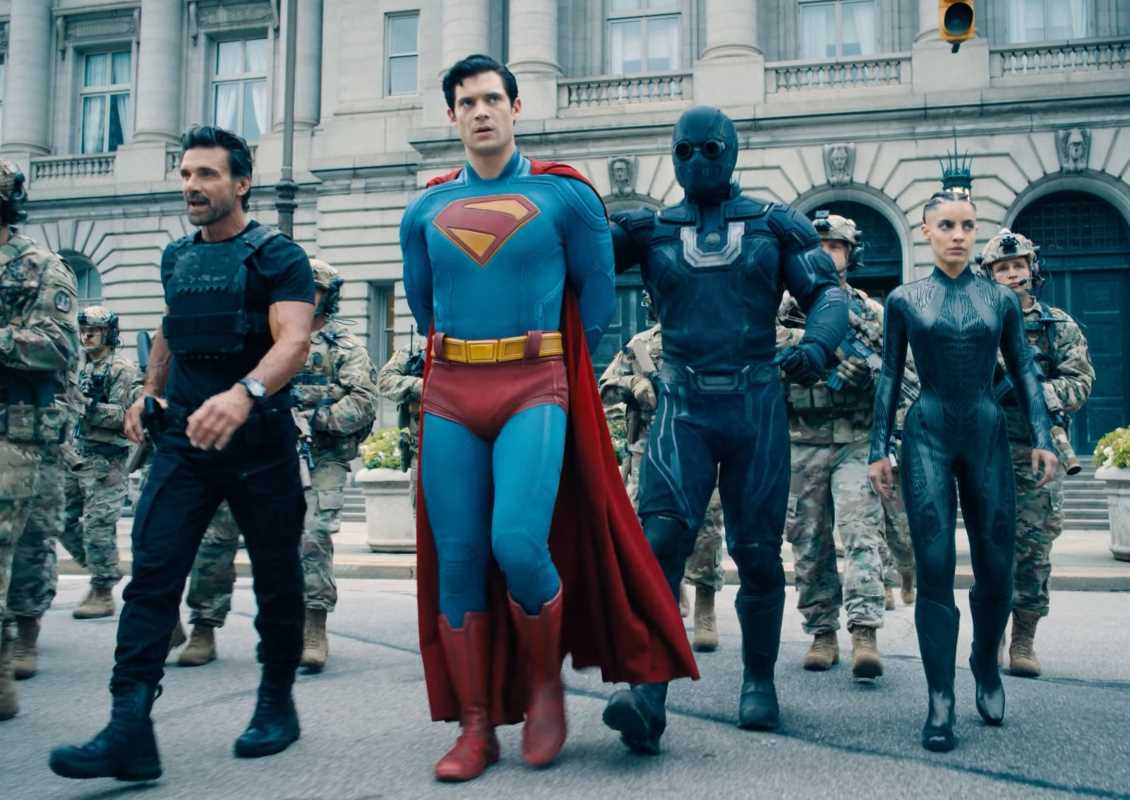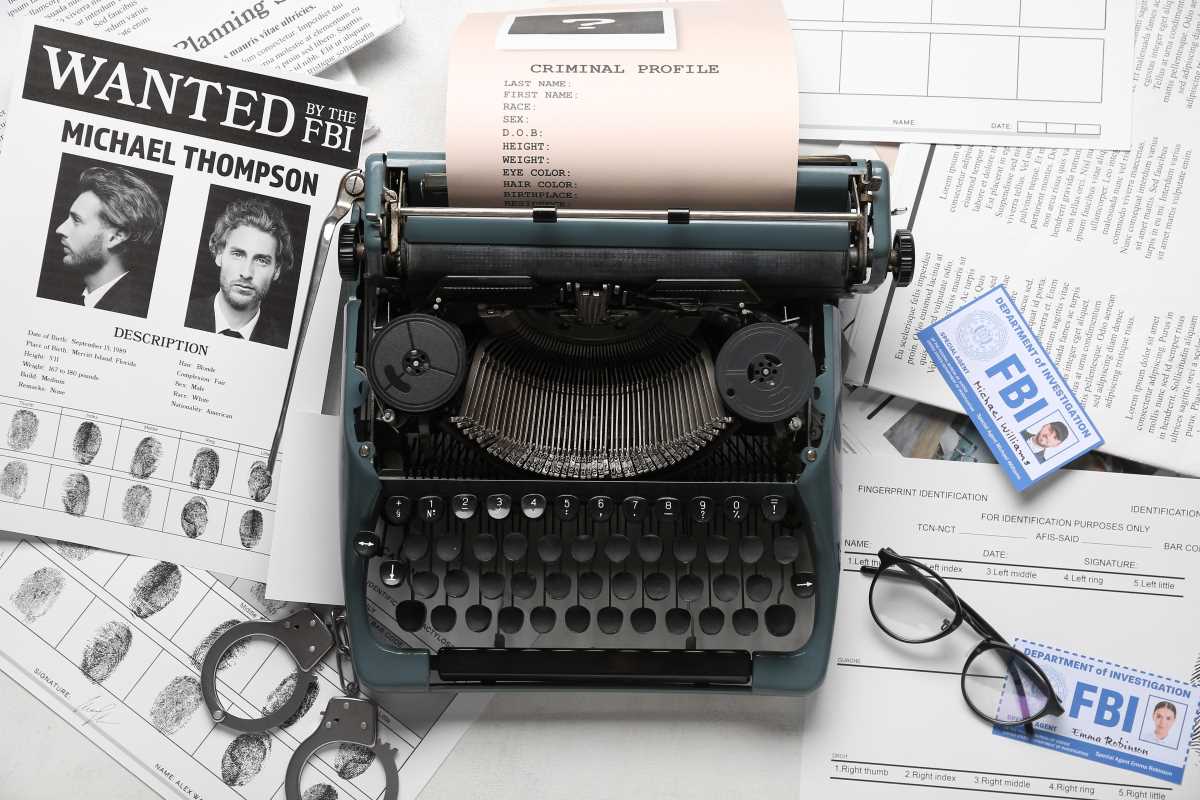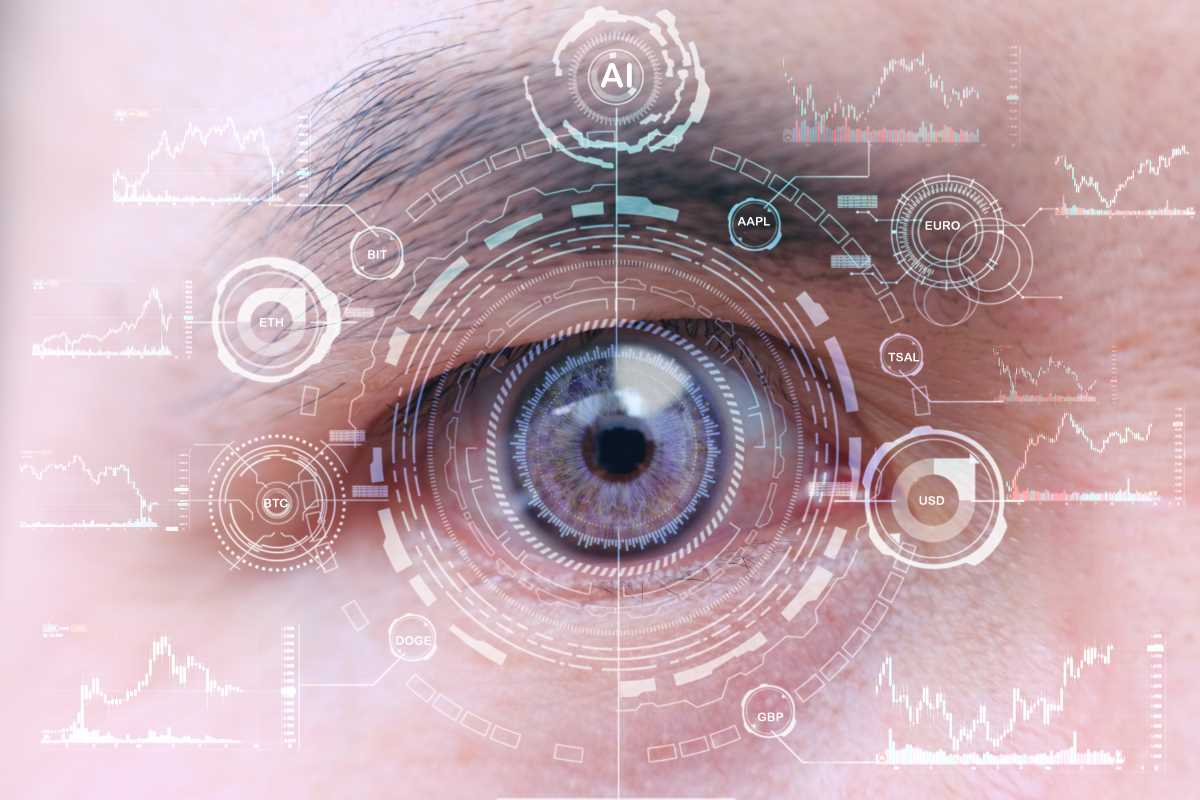Comics and graphic novels have transcended their origins as simple entertainment. Today, they’re powerful tools for storytelling, capable of addressing serious topics like social inequality. Through compelling characters, colorful panels, and gripping narratives, they bring attention to issues like racism, gender inequality, class struggles, and systemic oppression in a way that’s accessible and engaging.
Unlike dense academic texts or lengthy documentaries, comics captivate audiences while sparking conversations about the injustices people face. They provide a unique lens to understand inequality, often combining personal stories with broader societal commentary. Whether you’re a lifelong comics fan or curious about how this medium tackles serious issues, here are some of the most impactful comics and graphic novels that address social inequality.
Using Comics to Highlight Social Issues
Comics have a way of breaking down complex topics into understandable, bite-sized pieces. They use visuals to add emotional depth and create empathy, making readers feel connected to the struggles portrayed in the story. More importantly, they reach a wide audience, from teens to adults, providing a platform for underrepresented voices to be heard.
Creators have tackled themes ranging from racial injustice and economic disparity to gender dynamics and the fight for LGBTQ+ rights. The popularity of these works demonstrates that readers are hungry for engaging, relatable stories that explore these pressing issues.
Exploring Racial Inequality in Comics
Many graphic novels have taken on the difficult yet crucial task of addressing racism and its pervasive effects on society. These works help readers understand how racial inequality impacts individuals, families, and communities.
"March" by John Lewis, Andrew Aydin, and Nate Powell
The March trilogy, written by the late congressman and civil rights leader John Lewis, is an essential read for those interested in the fight for racial equality. This autobiographical series details Lewis’s involvement in the civil rights movement, from his upbringing in Alabama to the history-making march across the Edmund Pettus Bridge in Selma.
Why it matters:
- Provides a firsthand account of pivotal moments in civil rights history.
- Highlights the bravery and perseverance required to fight systemic racism.
- Inspires readers to think about their own roles in speaking up for justice.
"Black Panther" by Ta-Nehisi Coates
While the Black Panther comics are part of the superhero genre, author Ta-Nehisi Coates brought deeper cultural and political themes to his run, focusing on race, power, and colonization. Through the kingdom of Wakanda, Coates explores what a truly self-sufficient Black nation could look like, free from colonial exploitation.
Why it matters:
- Challenges traditional depictions of Africa in media.
- Promotes conversations about leadership, equality, and global injustice.
- Offers readers an empowering vision of Black excellence.
"Incognegro" by Mat Johnson and Warren Pleece
Incognegro is a powerful graphic novel about a light-skinned Black journalist in the Jim Crow-era South who uses his ability to “pass” as white to investigate lynchings and racial violence. The story is both a thrilling mystery and a harrowing look at racial injustice.
Why it matters:
- Examines the concept of racial identity and privilege.
- Unpacks America’s painful history of racial violence.
- Sparks reflection on how racism continues to evolve and persist today.
Tackling Economic Inequality in Comics
Economic inequality is deeply intertwined with social issues, and several comics have shed light on the struggles faced by working-class and marginalized communities. These stories depict the hardships of poverty and highlight the resilience and solidarity of those fighting for a better life.
"V for Vendetta" by Alan Moore and David Lloyd
Set in a dystopian future with authoritarian rule, V for Vendetta explores themes of class oppression and rebellion. Through its masked protagonist, "V," the graphic novel raises questions about corruption, state power, and the role of collective action in dismantling oppressive systems.
Why it matters:
- Reveals how governments and elites consolidate power at the expense of the majority.
- Shows readers the need for questioning authority and fighting injustice.
- Remains a timeless critique of inequality and control.
"Daytripper" by Fábio Moon and Gabriel Bá
On the surface, Daytripper is a reflection on life and mortality, but it also touches on themes of class, ambition, and opportunity. Following the life of an aspiring writer from Brazil, it portrays the everyday struggles faced by those trying to succeed in a world where social inequality shapes opportunity.
Why it matters:
- Highlights the tension between pursuing dreams and dealing with financial pressures.
- Offers a universal perspective on how inequality shapes individual experiences.
- Encourages readers to think about whose stories are often marginalized.
Gender and LGBTQ+ Representation
The fight for gender equality and LGBTQ+ rights has produced some of the most groundbreaking and heartfelt comics. These stories break down societal norms, celebrate identity, and call out the systems that perpetuate gender and sexual injustice.
"Persepolis" by Marjane Satrapi
This autobiographical graphic novel follows Marjane Satrapi’s life growing up in Iran during and after the Islamic Revolution. Persepolis explores gender roles, freedom, and how political oppression disproportionately impacts women.
Why it matters:
- Offers an honest look at the intersection of gender and political oppression.
- Amplifies the voice of a woman challenging cultural and societal norms.
- Sparks thought on how history and politics shape individual freedoms.
"Fun Home" by Alison Bechdel
Alison Bechdel’s memoir Fun Home dives into themes of identity, family dynamics, and the constraints of societal expectations. Through her story of coming out as a lesbian and exploring her complex relationship with her father, the book challenges readers to confront issues of acceptance and identity.
Why it matters:
- Normalizes LGBTQ+ narratives and challenges stigma.
- Examines how social pressures and inequalities shape personal identity.
- Balances humor and heartbreak to make deep topics accessible.
"The Wicked + The Divine" by Kieron Gillen and Jamie McKelvie
This fantasy series features a diverse cast of characters, including many from LGBTQ+ backgrounds. While its plot revolves around gods reincarnated as pop stars, the deeper themes explore fame, identity, privilege, and the fleeting nature of existence.
Why it matters:
- Highlights LGBTQ+ characters in dynamic, central roles.
- Tackles themes of power, representation, and inequality in unique ways.
- Uses fantasy as a lens to examine contemporary social challenges.
Bridging Activism and Art
Comics addressing social inequality aren’t just stories; they’re tools for education and inspiration. They bring important topics to life, making them relatable to readers who might not otherwise engage with these issues on an academic level. Many of these works challenge us to think critically about the systems we live within and encourage us to envision a more just world.
Why They Matter
- Accessibility: Comics simplify complex social issues, making them understandable to people of all ages.
- Empathy Building: Powerful storytelling allows readers to step into someone else’s shoes and truly understand their struggles.
- Call to Action: These works often inspire readers to stand up for change in their own communities.
 (Image via
(Image via





